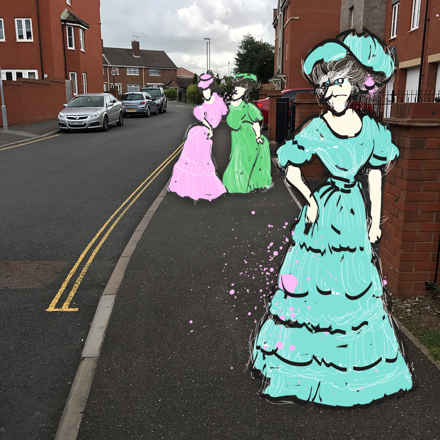Testing therapies to reduce severity of visual hallucinations

Prof Robin Walker, Royal Holloway University - £37,178
Many people with vision loss experience Charles Bonnet Syndrome (CBS), which leads to visual hallucinations. These hallucinations can range from simple shapes and patterns to vivid and realistic faces and scenes. They can severely affect a person’s life and can be distressing. This trial aims to test current suggested techniques for reducing the severity of hallucinations.
What is the problem?
CBS affects many people with sight loss and causes vivid hallucinations, which can be distressing. Several techniques are currently promoted which claim to reduce the severity and impact of these hallucinations, but no studies have been done to prove if they work. It is currently believed CBS is due to the brain creating new visual signals to make up for the lack of signals being received from the eyes.
What are they doing?
This study looks to evaluate the efficacy of two techniques: eye movement therapy and distraction/interruption therapy.
Eye movement therapy involves making voluntary eye movements (e.g. quickly moving your eyes side to side or up and down) to try and disrupt the signals from the brain causing the hallucination.
Distraction/interruption therapy involves changing the environment to interrupt the hallucination. This can be done by changing lighting (turning lights off or on), moving into a different room, or changing your posture or task.
How can this help?
This trial aims to help understand whether the current recommendations for stopping CBS hallucinations do help. Having proof of whether these therapies can help stop hallucinations would ensure that these techniques are better promoted to those who might need them.
See our other projects
Since 1987 the Macular Society has invested around £10 million in over 100 research projects.
Explore more research
Beating macular disease through funding medical research and improving the lives of those living with macular disease.
Get the latest research news from the Macular Society
To hear about life-changing research and treatments, subscribe to our monthly enewsletter today. Together we can Beat Macular Disease.
Sign up to our free email newsletter



